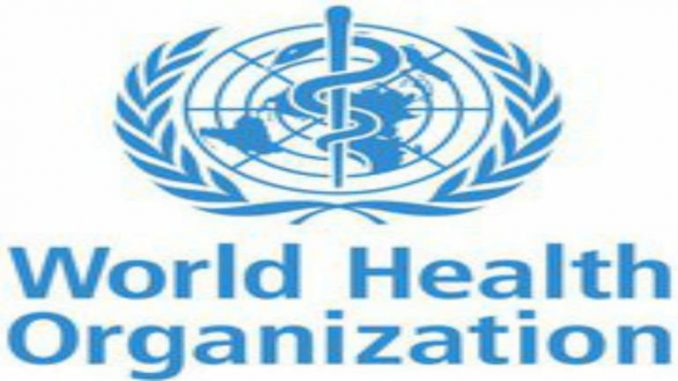
In News
The World Health Organisation (WHO) has launched the first-ever guidelines on self-care interventions for health.
In-Detail
- As per WHO, there will be a shortage of 13 million healthcare workers across the world by 2035.
- Already 400 million people have lack of access to most essential health services.
- In response to this, WHO has released the self-care guidelines.
- The WHO notes that in the future 1 in every 5 people will be living in an area where there is a humanitarian crisis. This is at a time when there is a lot of innovation and better healthcare services development across the world.
- WHO cautions that the guidelines are not a way to achieve universal health coverage and will neither replace good quality health services.
Enabling Self-Care
- Self-care, the Organization explains as the ability of an individual, a family or communities to promote health, maintain health, prevent disease, and cope with illness and disability with or without the help of a healthcare provider.
- As per the organisation, these interventions will allow the self-carers and caregivers to provide greater efficacy, autonomy, and engagement in health.
The Guidelines
- In the first volume, the WHO has brought out guidelines for sexual reproduction.
- It includes self-sampling intervention for Human papillomavirus (HPV).
- Self-care interventions for sexually transmitted infections, ovulation prediction kit, self-injectable contraceptives, HIV self-test, and self-management of medical abortion.
- The Organisation has stated that the guidelines will especially benefit people who are negatively affected by gender bias, power dynamics, cultural dynamics, those who are forcibly displaced, have no power to take decisions on sexual reproduction and their sexuality.
- The guidelines will further be expanded to other self-care interventions including prevention and treatment of non-communicable diseases.
Conclusion
In a country like India, access to quality healthcare at the grassroots level is poor. People take to self-care but it is not always scientific. Also, they fall prey to quacks.
The WHO guidelines when spread across communities will help people to care for themselves or with the health of a caregiver in a scientific manner.

Leave a Reply
You must be logged in to post a comment.